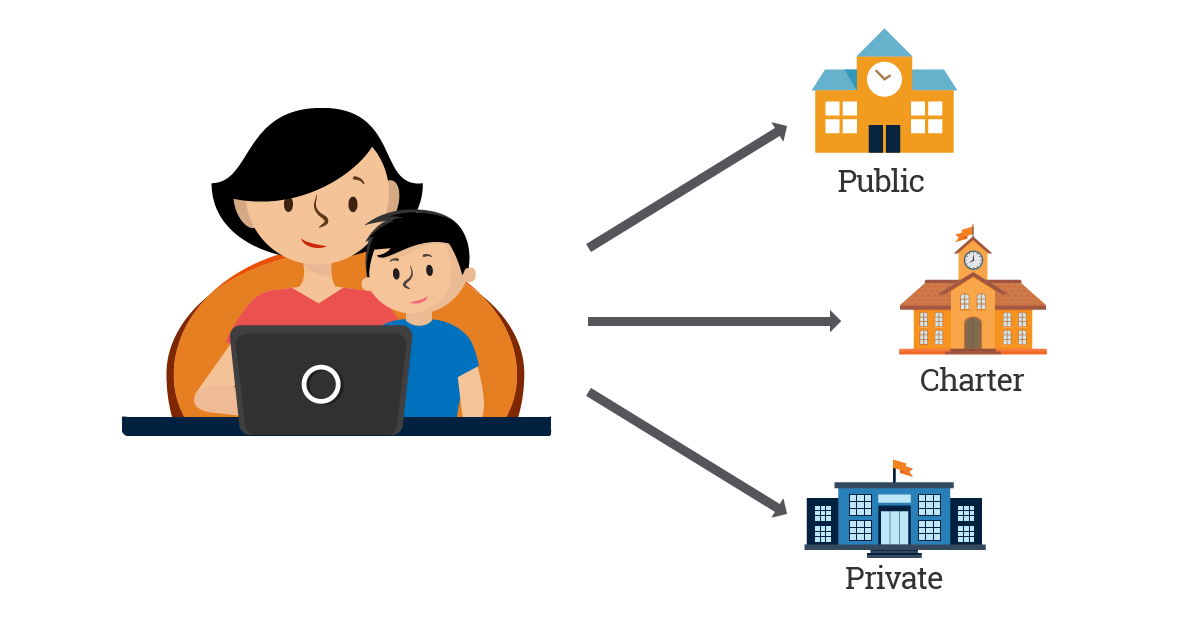Heather Delp: Charter schools and private schools don’t work without public schools

There is a lot of talk these days comparing charter and private schools to the public education system. That’s fair; everyone benefits from a little healthy competition, and sharing successes can also benefit all students. What is not fair is the General Assembly’s apparent desire to move North Carolina’s educational system toward all charter and private schools by undermining the foundation of our public schools.
The General Assembly is not playing fair because it is actively setting up public schools for failure. This year, for the first time, schools can be declared “low-performing” even if they meet their expected growth. Expected growth; it literally means how much growth the state expected that school’s students to make in a given year. How can a school fail for “only” meeting its expected growth? Simply put, when a school makes expected growth, its students (on average) have made one school year’s worth of academic growth that school year. But that is no longer good enough for the General Assembly. Schools are now expected to exceed expected growth. In order to do that, each school’s students (on average) must make more than a year’s worth of academic growth in one school year. When you combine this with the draconian spending cuts to public education in recent years, it seems that North Carolina’s lawmakers are actively working to make sure public schools fail in order to promote an all-charter and private-school alternative to or replacement of public education.
We do have some very good examples of private and charter schools in North Carolina, and in the Winston-Salem/Forsyth County school system, but we also have some that are not so good. The same could also be said of public schools. However, it is not fair to compare public schools to private or even charter schools, because public schools must adhere to very different rules and expectations.
For one thing, private schools can pick and choose their students. If a child can’t meet the criteria for attending that school — money for tuition, acceptable grades, good behavior, etc. — then he or she can and likely will be rejected.
Charter schools are also allowed to reject students based on behavior, as long as certain criteria are met. North Carolina charter school laws states that, “The school is subject to and shall comply with Article 27 of Chapter 115C of the General Statutes, except that a charter school may also exclude a student from the charter school and return that student to another school in the local school administrative unit in accordance with the terms of its charter after due process” (emphasis added). Basically, if a student doesn’t follow school rules, he/she can be expelled, as long as he/she is put through a system of due process (typically an appeals process).
Charter schools can also strongly suggest to parents that their child/children would be Heather Delp: Charter schools and private schools don’t work without public schools - Winston-Salem Journal: Columnists:
